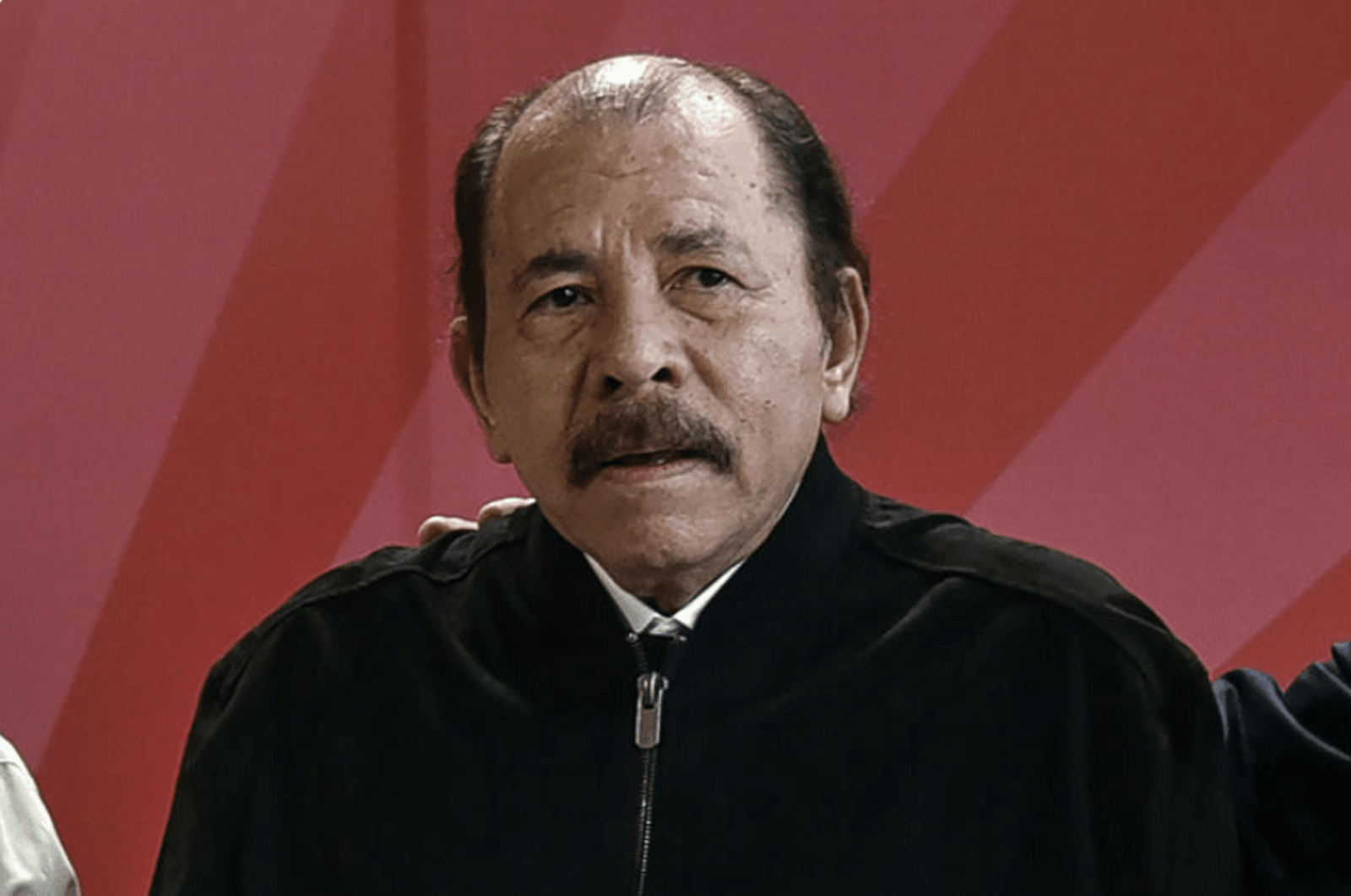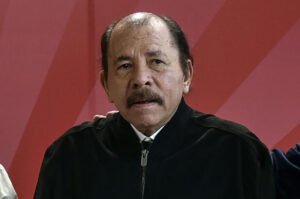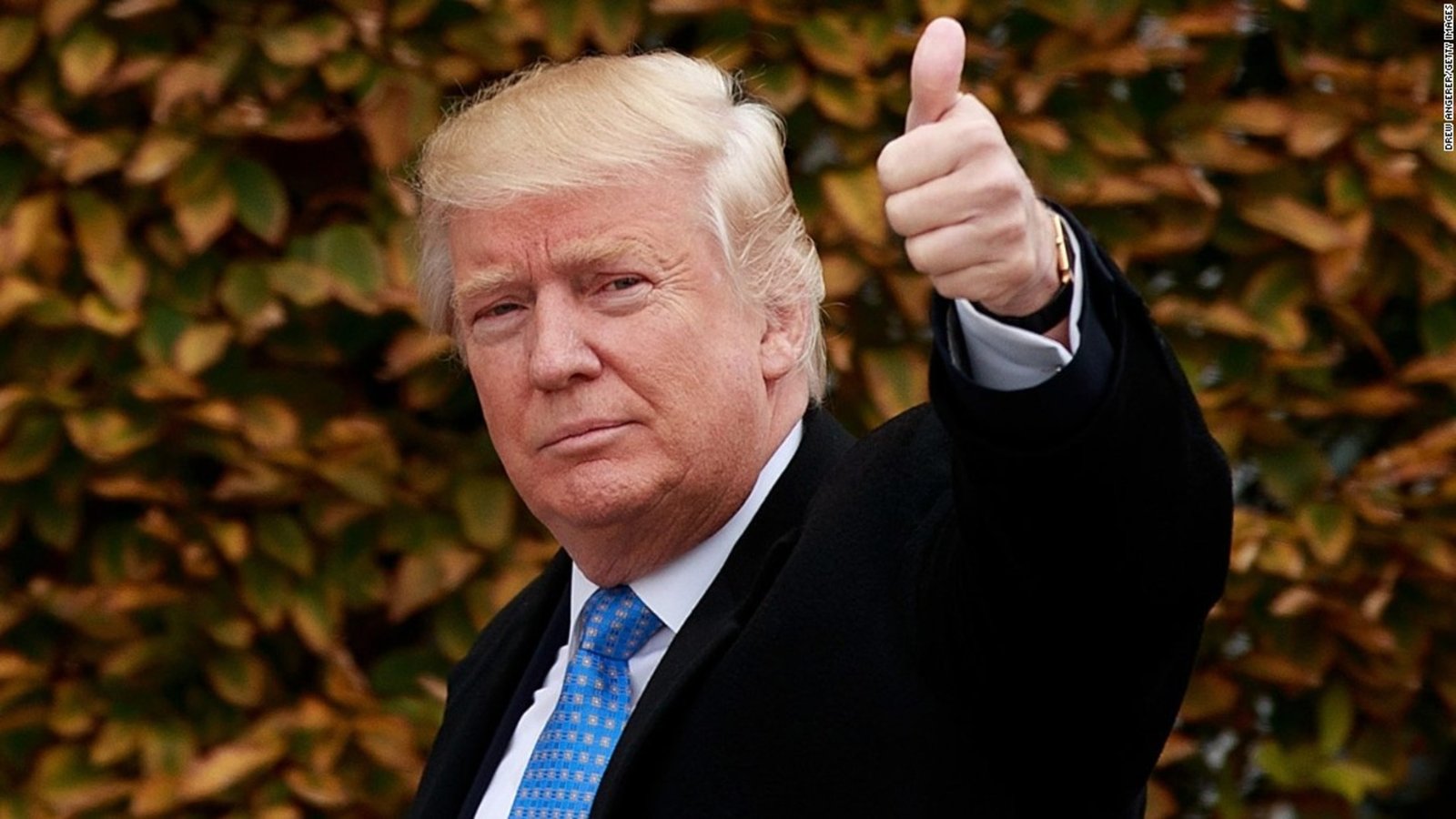
Nicaragua Closes 151 NGOs: Major Fallout.
Nicaragua Shutters Major Organizations: A Detailed Overview
In a significant move, Nicaragua’s government has closed 151 nongovernmental organizations (NGOs), including key trade organizations like the American Chamber of Commerce (AMCHAM).
Impact on AMCHAM
It played a crucial role in promoting investment and fostering trade with the United States, Nicaragua’s largest trading partner. The closure of AMCHAM is a significant blow to business relations between the two countries. The Associated Press attempted to reach AMCHAM for a response but received no comment.

Strained US-Nicaragua Relations
This tension escalated following President Daniel Ortega’s violent suppression of mass protests in 2018. Despite the strained relations, commercial activities continued until this recent wave of closures.
Other Affected Organizations
In addition to AMCHAM, the decree affected other organizations. The closures extend beyond trade and impact various sectors of society.
Government Justifications
Ortega’s administration has targeted NGOs since the 2018 uprising. The government alleges that many of these organizations, receiving foreign funds, were involved in efforts to destabilize his regime. Officially, the government claims that these organizations failed to properly report their financial activities.
Economic and Social Impact
Enrique Sáenz, an economist and political analyst, criticized the closures, calling them “absolutely irrational.” Sáenz argues that the government’s actions are detrimental to the economy. The loss of these organizations reduces public spending and eliminates jobs. This will likely impact many Nicaraguans who relied on the services these NGOs provided.
Climate of Uncertainty
The move creates an atmosphere of uncertainty regarding trade and investment in Nicaragua. The government’s actions could discourage future investment and harm the country’s economic prospects.
The recent wave of NGO closures in Nicaragua has created a pervasive climate of uncertainty, impacting both domestic and international spheres. This atmosphere of unpredictability poses significant challenges for businesses, investors, and ordinary citizens alike.
For international businesses and investors, the government’s actions signal an unstable environment. The closure of major trade organizations, such as the American Chamber of Commerce, disrupts established channels of communication and cooperation. These organizations played a crucial role in facilitating trade and investment between Nicaragua and foreign partners. Their absence creates ambiguity about the future of business relations and economic policies in the country.
Investors often seek stable and transparent environments where they can plan and execute long-term strategies. The recent government measures, including the shuttering of numerous NGOs, undermine confidence in Nicaragua’s regulatory and economic stability. Potential investors may view these actions as indicative of broader uncertainties, potentially leading them to reconsider or delay investment decisions.
Domestically, the uncertainty extends to the general population. The closure of organizations that provided essential services and support has left many Nicaraguans anxious. Individuals and communities face increased vulnerability with fewer resources available for healthcare, education, and disaster relief.
Relief Services Affected
Their shutdown affects those who depended on their support for basic needs and humanitarian aid. The reduction in these services is a significant concern for the well-being of many Nicaraguans.
The recent closures of numerous nongovernmental organizations (NGOs) in Nicaragua have significantly disrupted vital relief services across the country. Many of these organizations were deeply embedded in local communities, providing essential support and aid to those in need. With their shutdown, the immediate and long-term impacts on humanitarian efforts are becoming increasingly apparent.
For many Nicaraguans, these organizations were a lifeline, offering help in areas where government services were either limited or non-existent. The sudden removal of these entities leaves a substantial gap in the availability of these crucial services.
One of the most concerning impacts is on healthcare. Several NGOs offered medical aid, including free clinics and mobile health units, particularly in remote or underserved regions. Their closure means that individuals who relied on these services for regular check-ups, vaccinations, and emergency care will now face significant challenges in accessing necessary health support.
Education and youth programs are also affected. With the shutdown of these organizations, educational opportunities for many young Nicaraguans are now at risk.
Additionally, NGOs that focused on disaster relief and emergency response are no longer operational. This is particularly troubling in a country prone to natural disasters. The absence of these organizations could slow down the response to emergencies and increase vulnerability among affected populations.
In summary, the closure of these NGOs has a profound impact on relief services in Nicaragua. The loss of support in healthcare, education, and emergency response highlights the critical role these organizations played and underscores the challenges facing communities in the wake of their shutdown.
Conclusion
Nicaragua’s recent wave of NGO closures marks a dramatic shift in its approach to foreign and domestic organizations. The shuttering of key trade groups like AMCHAM and numerous other NGOs highlights the growing tensions between the government and various sectors of society. As the situation unfolds, the long-term effects on Nicaragua’s economy, international relations, and local communities will become clearer. The closures reflect broader political and economic uncertainties that will likely continue to impact Nicaragua in the coming months.








